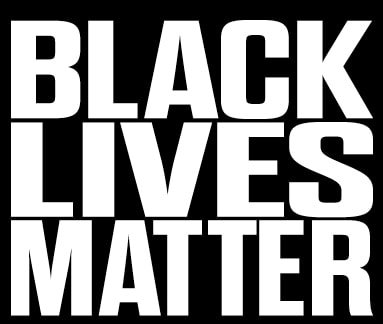Atonement
 I’m going to meet George Carter’s great-great-nephew.
I’m going to meet George Carter’s great-great-nephew.Even if you’ve read Next Train Out, the name George Carter may not ring a bell. My calculations indicate that I called his name five times in the narrative, but I’ve learned over recent weeks that I probably should have cited his name more.
George Carter is significant to Lyons’ story, and he’s significant to today’s story. In this era of reckoning—and, one hopes, some sort of reconciliation, eventually—the George Carters of the world need to be remembered. We cannot forget. And those of us whose ancestors are directly tied to these stories, we need to face the music. Now.
Next month I will sit down with a descendent of the man who was lynched in front of the Bourbon County courthouse because he allegedly “assaulted” my great-grandmother.
I’m not sure how to relay to you the awe I’m feeling, the anticipation, the relief, the gratitude, and, yes, the shame that shivers up my spine as I contemplate this meeting.
I won’t detail the machinations that resulted in the heinous act on February 10, 1901. I will say that the single news story about the initial incident, which occurred in early December 1900, described what we today would call an attempted purse snatching.
But perhaps it’s important to keep in mind that the newspaper where that article appeared, the Kentuckian Citizen, was published by Mrs. Board’s cousin. The newspaper’s offices occupied a building once owned by Mrs. Board’s father, a prominent physician. After her father’s death, Mrs. Board inherited that property. One of the competing papers in town, the Bourbon News—which carried a fulsome story of the lynching two months later—was published by the husband of Mrs. Board’s closest friend.
I point that out to show how the power structure in town was stacked against Mr. Carter. Whatever transpired between him and Mrs. Board, he didn’t stand a chance. He was black. She was white, and she was connected. Two months after the incident, when the mob formed, whatever had actually happened on that cold December day was long forgotten. Rumors and innuendo and wild imagination had successfully altered the truth. For some in town, the crime now justified taking the life of a young man with a two-year-old daughter.
Sound familiar?
We have an opportunity to address some of this ongoing injustice now. Our country is awake. Video recordings provide unshakable truth. We must find the courage and the determination to start fixing these inequalities and addressing the resulting brutality.
I am grateful that I will have the opportunity to speak to one of Mr. Carter’s descendants. I am grateful that he wants to meet with me. I have no idea what I will say. There is no recompense. I cannot change the past. But I’m eager to see what I can start doing today.
Published on June 27, 2020 18:54
No comments have been added yet.



